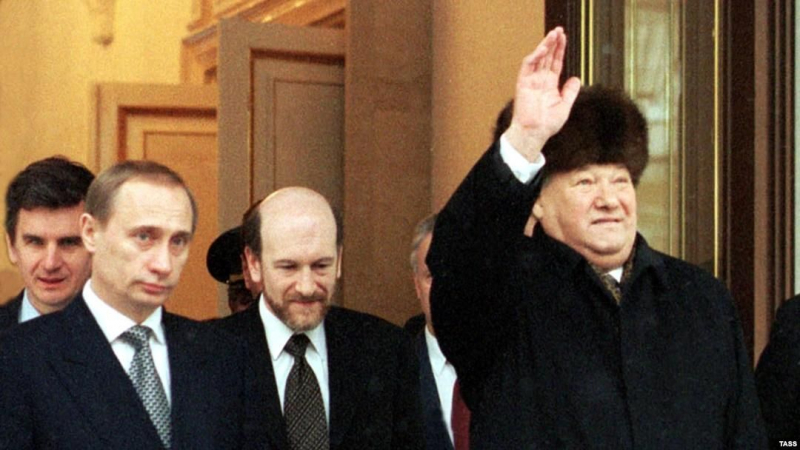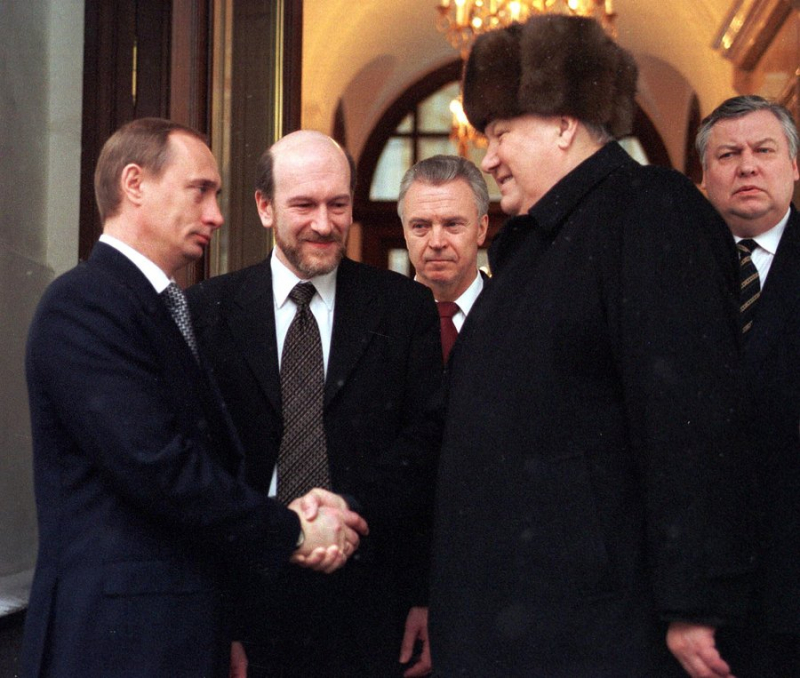Yeltsin maintained a low profile after his resignation
Yeltsin kept a low profile following his resignation, rarely speaking or appearing in public. In December 2000, he criticized his successor Putin for advocating the use of the Soviet-era national anthem's melody once again. He spent six weeks in the hospital in January 2001 due to pneumonia brought on by a viral infection. Following the Beslan school hostage crisis and nearly simultaneous terrorist attacks in Moscow on September 13, 2004, Vladimir Putin announced a plan to replace the current system of electing regional governors with one in which they would be directly appointed by the president and confirmed by regional legislatures. Yeltsin and Mikhail Gorbachev publicly denounced Putin's plan as moving Russia away from democracy and toward the Soviet-era system of centrally-run politics.
Yeltsin underwent hip surgery in Moscow in September 2005 after breaking his femur in a fall while on vacation in Sardinia, Italy.
Yeltsin, 76, passed away from congestive heart failure on April 23, 2007. On April 25, 2007, his corpse was laid to rest at the Moscow Cathedral of Christ the Saviour before being interred in the Novodevichy Cemetery. Yeltsin was the second Russian head of state—following Emperor Alexander III—to be buried in a church ceremony in 113 years.












